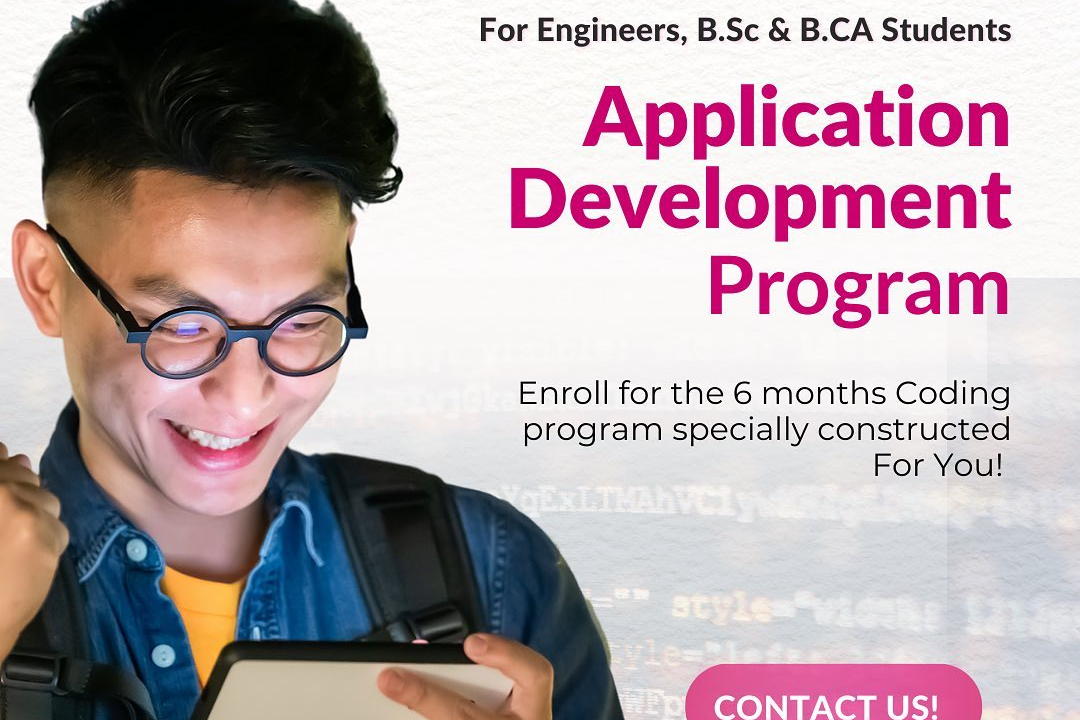Advanced Android Courses For Professionals
Expert-Level Android Development Courses for Professionals
Advanced Android Courses For Professionals
Advanced Android courses for professionals are specialized training programs designed to deepen the knowledge and skills of experienced Android developers. These courses typically cover advanced topics such as Kotlin coroutines for asynchronous programming, dependency injection using frameworks like Dagger or Hilt, creating robust architectures using MVVM or MVP patterns, optimizing app performance, and implementing modern UI components with Jetpack Compose. Additionally, they often explore integration with backend services, advanced data storage techniques, and best practices for testing and debugging complex applications. By engaging in these courses, professionals can stay updated with the latest developments in the Android ecosystem, enhance their problem-solving abilities, and ultimately build more efficient and user-friendly applications.
To Download Our Brochure: https://www.justacademy.co/download-brochure-for-free
Message us for more information: +91 9987184296
1 - Kotlin for Android Development: In depth training on Kotlin, the preferred language for Android development, focusing on its syntax, features, and how to leverage it for building robust apps.
2) Responsive UI Design with Jetpack Compose: Teach students how to create responsive and adaptive user interfaces using Jetpack Compose, Google's modern toolkit for building native Android UIs.
3) Android Architecture Components: Cover the essential architecture components like ViewModel, LiveData, and Room, emphasizing the best practices for building scalable and maintainable applications.
4) Dependency Injection with Dagger/Hilt: Training on using Dagger and Hilt for dependency injection in Android applications, helping students manage dependencies efficiently and reduce boilerplate code.
5) Networking and RESTful APIs: A course focused on building networked applications using Retrofit or Ktor, including best practices for data retrieval and parsing from RESTful APIs.
6) Understanding Coroutines for Asynchronous Programming: Instruct on Kotlin Coroutines, teaching how to write asynchronous code that is easier to read and maintain compared to traditional callback based approaches.
7) Working with Databases (SQLite and Room): Hands on training on using SQLite and Room for local data persistence, including crafting queries and managing database versions.
8) Testing Android Applications: Teach techniques for writing unit tests, integration tests, and UI tests using JUnit, Espresso, and Android Test Orchestrator to ensure code quality and reliability.
9) Advanced Android App Architecture (MVVM/MVP): Explore advanced architectural patterns like MVVM and MVP, discussing their implementation and how they facilitate better separation of concerns.
10) Background Work with WorkManager: Demonstrate how to handle background tasks using WorkManager, focusing on task scheduling and best practices for battery efficient operations.
11) Firebase Integration: A dedicated course on integrating Firebase for various functionalities such as authentication, real time databases, cloud storage, and push notifications.
12) Building Custom Views and Animations: Teach students how to create custom views and implement advanced animations to enhance user experience within their applications.
13) Multithreading and Performance Optimization: Discuss techniques for optimizing performance through multithreading, including using Executors, Handlers, and efficient memory usage strategies.
14) App Security Best Practices: Provide insights into securing Android applications, including data encryption, secure API calls, and protecting sensitive user information.
15) Publishing to Google Play Store: A comprehensive guide on preparing an app for release, including signing the APK, creating appropriate marketing materials, and navigating the submission process.
16) Continuous Integration and Deployment (CI/CD): Training on setting up CI/CD pipelines using tools like GitHub Actions or Jenkins to automate testing and deployment of Android applications.
17) Adopting Material Design Guidelines: Familiarize students with implementing Material Design principles and components, ensuring their apps have modern and visually appealing interfaces.
18) Cross platform Development with Flutter: Offer insights into Flutter for students interested in cross platform development, showcasing how Flutter can be used alongside or as an alternative to native Android development.
By covering these diverse topics, the training program will equip students with the advanced skills and knowledge necessary to excel in the rapidly evolving field of Android development.
Browse our course links : https://www.justacademy.co/all-courses
To Join our FREE DEMO Session: Click Here
Contact Us for more info:
Java Course in Thane 2024
Flutter Training in Kamareddy
Mobile App Testing Tools
applied deep learning
iOS Training in Tiruchirappalli











